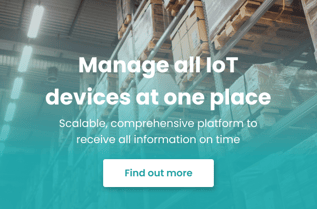4 ways software solutions can help companies' decarbonization strategies

- IOT
- E-MOBILITY
- ENERGY MANAGEMENT
- SMART CITIES
Decarbonization, the process of reducing or eliminating harmful emissions, has emerged as a central focus in our collective efforts to combat climate change and pave the way for a more sustainable and environmentally friendly future. Software solutions play a crucial role in supporting companies' efforts to reduce carbon emissions by providing innovative tools and technologies that promote sustainability, optimize operations, and minimize environmental harm.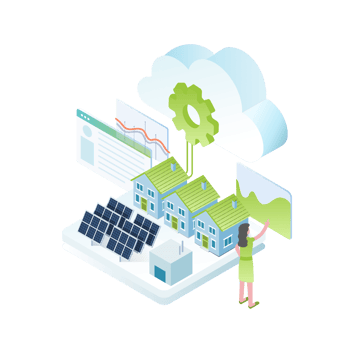
In today's rapidly changing world, decarbonization has become a critical priority for companies. It is now a strategic necessity with significant implications for their long-term success and survival. Governments worldwide are enacting stricter regulations to combat climate change, and failure to adhere to these regulations can have severe legal, financial, and reputational consequences. Decarbonization is the key to ensuring compliance with evolving environmental standards and securing a sustainable future.
Decarbonization strategies involve improving energy and resource efficiency, leading to significant cost savings for companies. By implementing sustainable practices and technologies, businesses can reduce their reliance on fossil fuels and minimize their carbon footprint. This not only helps them comply with evolving environmental regulations but also makes them financially competitive and resilient against fluctuating energy prices and resource availability.
Improving energy efficiency allows companies to optimize their operations and reduce their energy consumption, resulting in lower energy bills. By investing in energy-efficient technologies and practices, businesses can minimize waste and maximize the use of renewable energy sources. This not only reduces their carbon emissions but also decreases their dependence on costly fossil fuels. As a result, companies can save money on energy expenses and allocate those savings towards other areas of their operations.
Similarly, enhancing resource efficiency can lead to significant cost savings for companies. By implementing measures to reduce waste and improve resource management, businesses can minimize material and resource usage, resulting in lower production costs. This includes adopting circular economy principles such as recycling, reusing, and repurposing materials, as well as implementing sustainable supply chain practices. By reducing their reliance on finite resources and optimizing their use, companies can mitigate the risks associated with resource scarcity and price volatility.
Furthermore, decarbonization strategies promote innovation and foster a competitive advantage for companies. By embracing cleaner technologies and sustainable practices, businesses can differentiate themselves in the market and attract environmentally conscious customers. This opens up new opportunities for growth and expansion, as consumers increasingly prioritize sustainability and seek out businesses that align with their values.
In addition to financial benefits, decarbonization strategies also contribute to employee attraction and retention. Younger generations, in particular, are seeking employers that demonstrate a commitment to environmental and social responsibility. By showcasing their dedication to decarbonization and sustainability, companies can attract top talent and create a positive work environment that aligns with the values of their employees.
|
|
Overall, decarbonization is not just a necessity for companies; it is an opportunity for them to thrive in a changing world. By improving energy and resource efficiency, businesses can achieve cost savings, enhance their reputation, and create a sustainable future. It is imperative for companies to embrace decarbonization as a strategic priority and invest in innovative solutions that promote sustainability and environmental responsibility. |
|
Software solutions have emerged as powerful tools to enhance energy efficiency, optimize resource utilization, facilitate renewable energy integration, and drive carbon reduction efforts across diverse sectors. These innovative solutions enable individuals, businesses, and governments to effectively achieve their decarbonization goals by leveraging data-driven insights and promoting sustainable practices.
One key area where software solutions have had a significant impact is in energy management systems. These systems provide a centralized platform for monitoring and controlling energy usage in buildings, allowing for real-time data analysis and optimization. By collecting and analyzing data from various sources such as smart meters, sensors, and IoT devices, energy management systems can identify areas of inefficiency and recommend strategies for improvement.
Grape Solutions' Erbor solution considers the external and internal environmental characteristics, creating control systems that automatically increase the efficient use of energy in the building by detecting environmental changes without human intervention, reducing the overall building operating costs associated with energy prices. The building energy management software is unique because it does not interfere with existing building management systems (e.g. production line, alarm, fire alarm), but manages only the data points necessary to implement the rule. The weather forecasting function built into the software allows the system to automatically detect how much cooling or heating is needed in a given room to avoid overcooling or overheating. Erbor will enable the building to stop using energy to cool a room to 22 degrees Celsius if a drop in outside temperature in the coming hours will automatically do so.
In addition to enhancing energy efficiency and resource utilization, software solutions also play a crucial role in optimizing the management of electric vehicle (EV) charging stations. EV charging station management software not only enables efficient scheduling and monitoring of charging sessions but also contributes to reducing peak demand and ensuring grid stability. By utilizing advanced algorithms and data analytics, EV charging station management software can optimize charging schedules based on factors such as electricity demand, grid capacity, and the availability of renewable energy sources. This optimization helps distribute the charging load more evenly throughout the day, reducing the strain on the grid during periods of high demand and minimizing the need for costly grid infrastructure upgrades.

Grape’s electric vehicle charging application, Montu is a white-label electric mobility development that fulfils the needs deriving from drivers’ and service operators’ side by providing a complex solution for electric charging management. Montu ensures a full-stack solution for building managers and CPOs to manage all charging in one place and receive all data live for predictive analytics. The eMobility Service Provider system is ready to be implemented with cloud-based backend and mobile applications for Android and iOS, which can be integrated with other necessary services like a Payment or Billing system.
Moreover, software solutions can facilitate the integration of renewable energy sources into existing energy systems. By analyzing the availability of renewable resources such as solar or wind energy, these solutions can optimize the use of renewable energy and ensure its seamless integration into the grid. This not only reduces reliance on fossil fuels but also maximizes the use of clean and renewable energy sources, further contributing to decarbonization efforts.
With Grape's Meteo, the user can predict the energy production, scheduling, and remeasurement of the installed solar panels, giving a realistic picture of the future operational efficiency of the system. With the development of Meteo, Grape Solutions aims to enable the user to quickly generate forecasts and schedules using a built-in algorithm, all in a clear and easy-to-use interface. The built-in algorithm allows for intra-day correction and operates future forecasts and schedules based on a predefined schedule.
In addition to energy management, software solutions can also optimize resource utilization. By analyzing data on resource consumption, such as water, materials, and waste, these solutions can identify areas of inefficiency and recommend strategies for improvement. This can include implementing recycling programs, optimizing supply chain processes, or reducing water usage through smart irrigation systems. By optimizing resource utilization, businesses can minimize waste, reduce environmental impact, and contribute to a more sustainable future.
Furthermore, software solutions can drive carbon reduction efforts by providing tools and technologies that promote sustainable practices. This can include carbon footprint calculators, emissions tracking systems, and sustainability reporting platforms. By leveraging data-driven insights, businesses can measure and monitor their carbon emissions, set reduction targets, and track progress towards their decarbonization goals. This not only helps businesses comply with environmental regulations but also fosters a culture of sustainability and responsibility.
For the previously mentioned use cases, IoT platforms are the best way to collect and analyze data arriving from smart sensors. These platforms offer a seamless and efficient solution for gathering real-time data from various sensors and devices, enabling businesses to make data-driven decisions and optimize their energy and resource management strategies.
Grape's IoT platform provides a centralized hub where data from smart sensors can be collected, processed, and analyzed. With the help of advanced analytics and machine learning algorithms, businesses can gain valuable insights into their energy consumption patterns, identify areas of inefficiency, and implement targeted strategies for improvement. By leveraging the power of IoT platforms, companies can monitor and control their energy usage in real-time, enabling them to make proactive adjustments and optimize their operations for maximum efficiency. Moreover, Grape IoT platform enables businesses to integrate and manage a wide range of smart devices and sensors, including those used for renewable energy generation.
Software solutions are revolutionizing the way we approach decarbonization. By providing innovative tools and technologies, these solutions enable individuals, businesses, and governments to effectively reduce their carbon emissions and promote sustainability. From energy management systems to resource optimization and carbon reduction tools, software solutions play a crucial role in the collective efforts to combat climate change and create a more sustainable and environmentally friendly future. |
Share this post on social media:
Posts by Tag
- IoT (17)
- Smart cities (16)
- E-mobility (14)
- Energy Management (10)
- Mobility (9)
- Software development (9)
- Marketing automation (6)
- RPA (6)
- Robotic Process Automation (6)
- electric vehicles (6)
- Internet of Things (5)
- IoT solution (5)
- Marketing software (5)
- Smart Building (5)
- Business Intelligence (4)
- Custom applications (4)
- IoT platform (4)
- Uipath (4)
- electric charging (4)
- IoT devices (3)
- Properties (3)
- AI (2)
- BI (2)
- Montu (2)
- Multi-device functionality (2)
- Omnichannel (2)
- RPA Budapest (2)
- Smart city (2)
- UX design (2)
- app development (2)
- artificial intelligence (2)
- crm (2)
- crm software (2)
- electric charging station (2)
- machine learning (2)
- marketing campaign (2)
- optima (2)
- API Testing (1)
- Agriculture (1)
- Automated Testing (1)
- BYOD (1)
- EV (1)
- Energy Communities (1)
- Event insights (1)
- Event report (1)
- Green IoT (1)
- HR (1)
- IT Outsourcing (1)
- ML (1)
- Power BI (1)
- Resource Management (1)
- Smart Home (1)
- Smart Office (1)
- TaaS (1)
- UX/UI Design (1)
- Xamarin (1)
- cloud (1)
- cloud computing (1)
- cross-selling (1)
- data driven marketing (1)
- digital twin (1)
- dynamic customer segmentation (1)
- esg (1)
- inbound marketing (1)
- industry 4.0 (1)
- onprem (1)
- onpremise (1)
- scalability (1)
- software robot (1)
- testing as a service (1)
- upselling (1)
Recent Posts
Read On
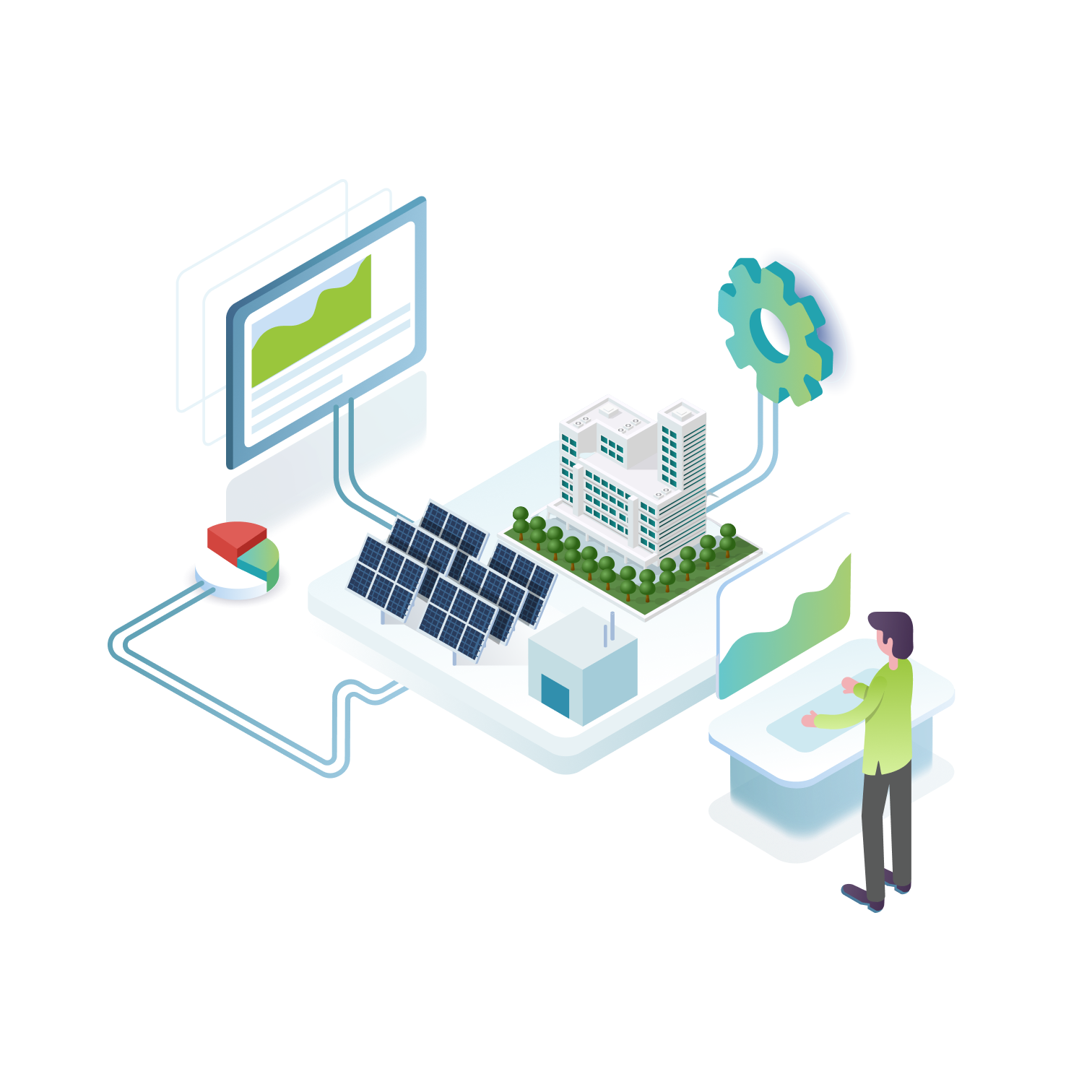
- SMART BUILDING
- ENERGY MANAGEMENT
- PROPERTIES
Green building tech trends that are shaping the construction industry
The construction industry plays a significant role in environmental degradation, meaning that sustainability and green solutions are fundamental in improving our lives' environmental, economic, and societal aspects. Green buildings present an alternative method to reduce the environmental impact of...
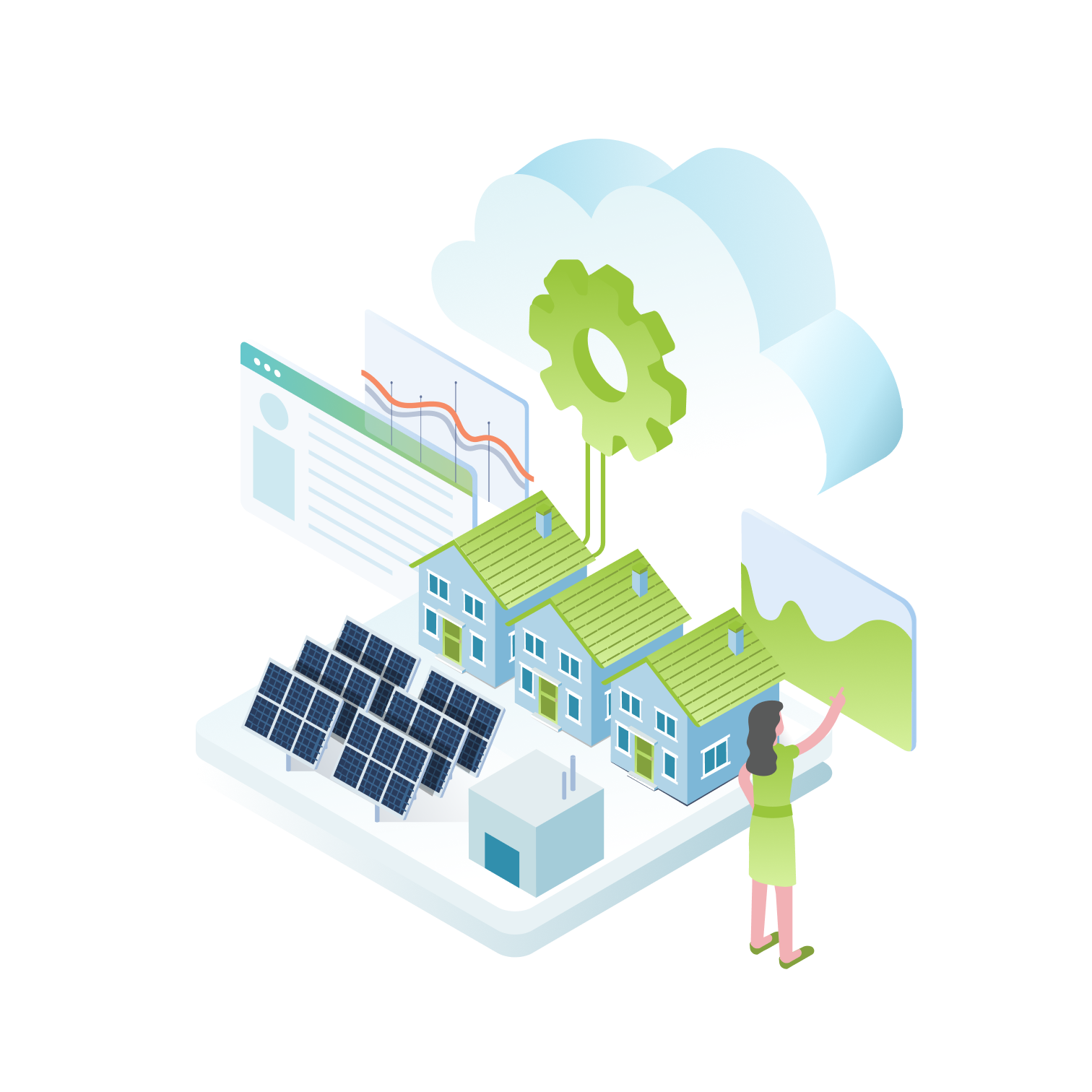
- SMART BUILDING
- ENERGY MANAGEMENT
- PROPERTIES
Energy management software for properties and buildings
Buildings encounter multiple challenges in today's fast-paced world, necessitating cost-effective and creative solutions. With expanding urbanization, increasing energy demand and environmental concerns, buildings must evolve to meet changing requirements while minimizing their resource consumption...
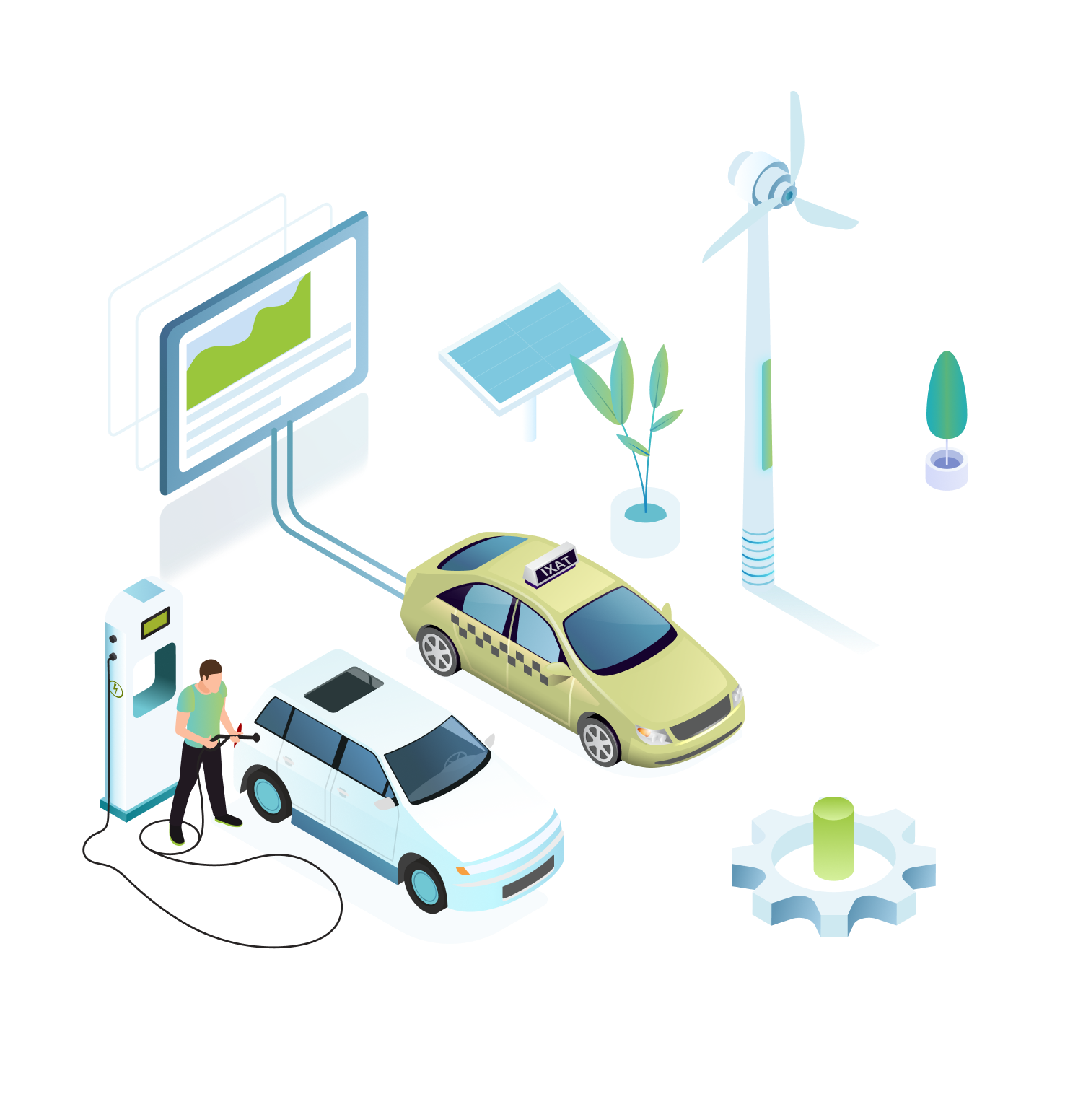
- E-MOBILITY
- MONTU
- ELECTRIC VEHICLES
- ELECTRIC CHARGING STATION
- ELECTRIC CHARGING
Empower your fleet's efficiency with EV charging solutions
As businesses increasingly embrace sustainable practices, electric vehicles (EVs) have emerged as a game-changer for fleet management. With their environmental benefits and increasing availability, EVs are becoming attractive for businesses seeking to optimize their operations while reducing their...


